Haiti: Helping vulnerable families to survive the pandemic
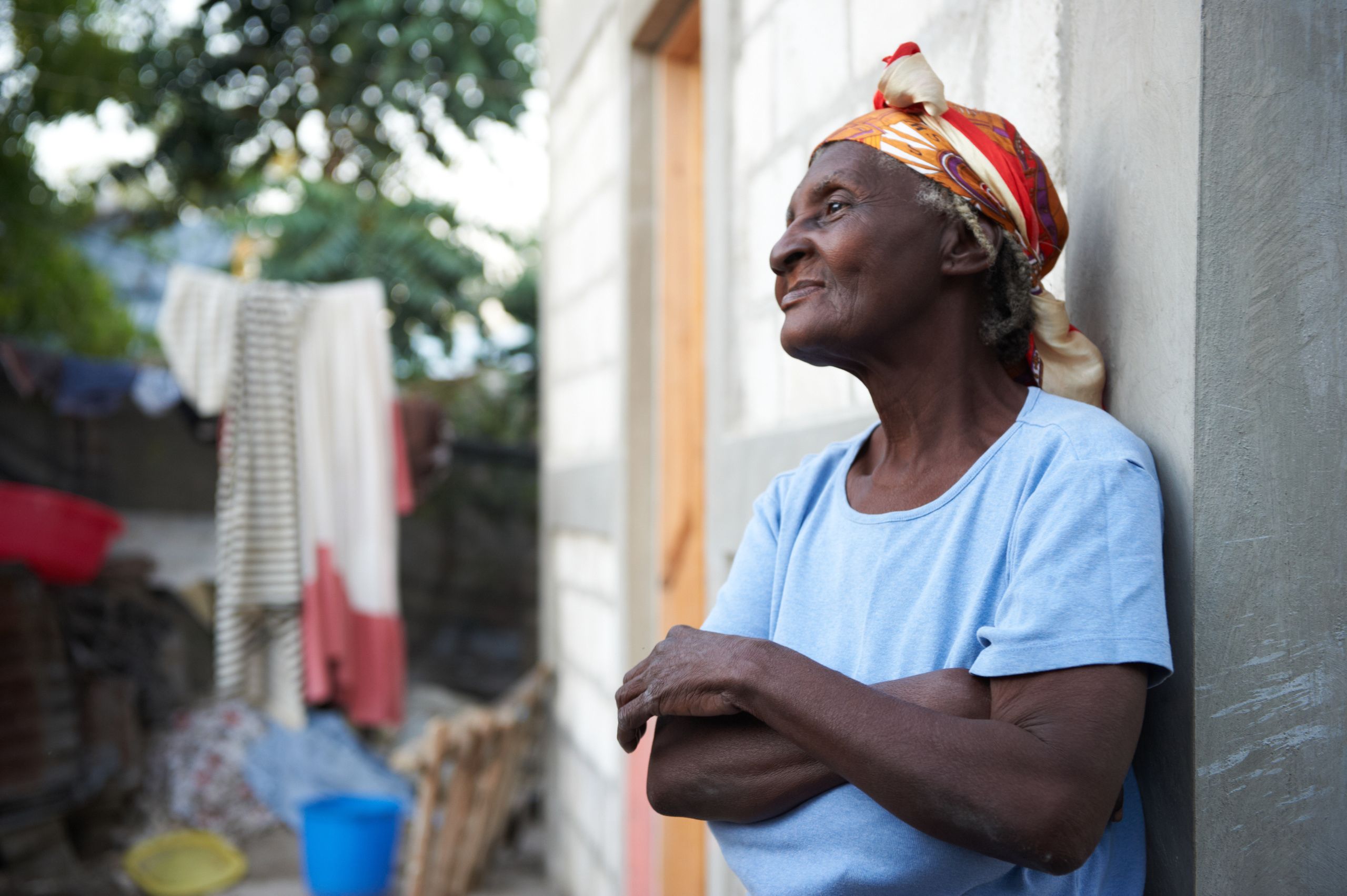
Haiti has been through a lot in recent years. In 2010 the severe earthquake, followed by a devastating cholera epidemic. In 2016, Hurricane Matthew wreaked havoc, not to mention the droughts and floods that regularly hit the island nation.
These extreme events hit already weak structures. Over 4 million people are currently affected by food insecurity. About 60 percent of Haitians live below the poverty line. In addition, there is a complex sociopolitical crisis that continues to affect the economy and brings regular and often violent protests and roadblocks. The rule of law is poorly developed and unstable, and criminal groups take advantage of this vacuum to gain further influence and create a climate of fear through targeted assassinations and kidnappings.
A severe outbreak of the Corona pandemic in this country, whose spending on the public health sector is among the lowest in the world and where there are just two doctors for every 10,000 people, would be fatal.
Raising awareness and taking the pulse of the population
The HEKS/EPER coordination office in Haiti responded quickly to the global Corona pandemic and launched its first activities as early as the end of March 2020. It was decided to work with the same populations already targeted by ongoing HEKS/EPER projects. «Our goal is to help prevent the spread of the Corona virus and protect the local population in Grande'Anse project region,» explains HEKS/EPER staff member Evins Auguste.
Within a very short time HEKS/EPER had over 100 posters produced to inform the population about the virus and about prevention measures. The posters were displayed in the communities where HEKS/EPER is active. To further raise awareness among the population in the Grande'Anse region, radio broadcasts were produced to remind people of the most important hygiene measures. These are broadcast four times a week on local radio stations throughout the region.
In addition, the HEKS/EPER office has designated one hundred people from its projects as contact persons. These may be community leaders, teachers, health workers or members of parents' associations. Their task is to check whether preventive measures are being taken to protect against the virus, whether drinking water and soap are available, and what the situation is regarding people's food security. The information is regularly gathered by Evins Auguste and has also been shared with local authorities.
«In order to be able to help effectively, we want to assess the situation of the population, despite the restrictions on movement, by having weekly contact with our contact persons. The information gathered will allow us to continue to feel the pulse of the local population and take the most appropriate measures in each case.»
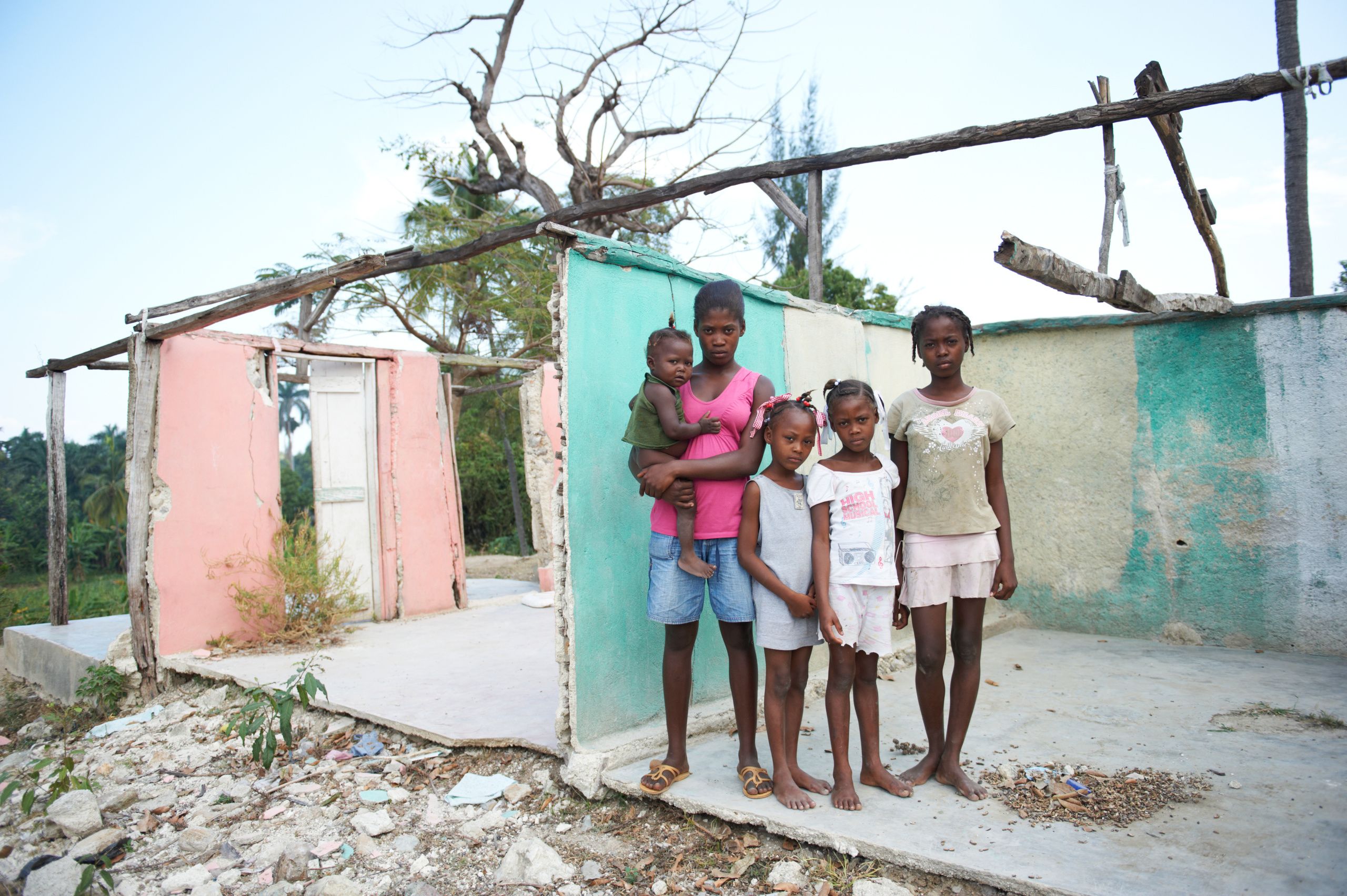
The massive earthquake in Haiti in 2010 left 1.3 million people homeless.
The massive earthquake in Haiti in 2010 left 1.3 million people homeless.
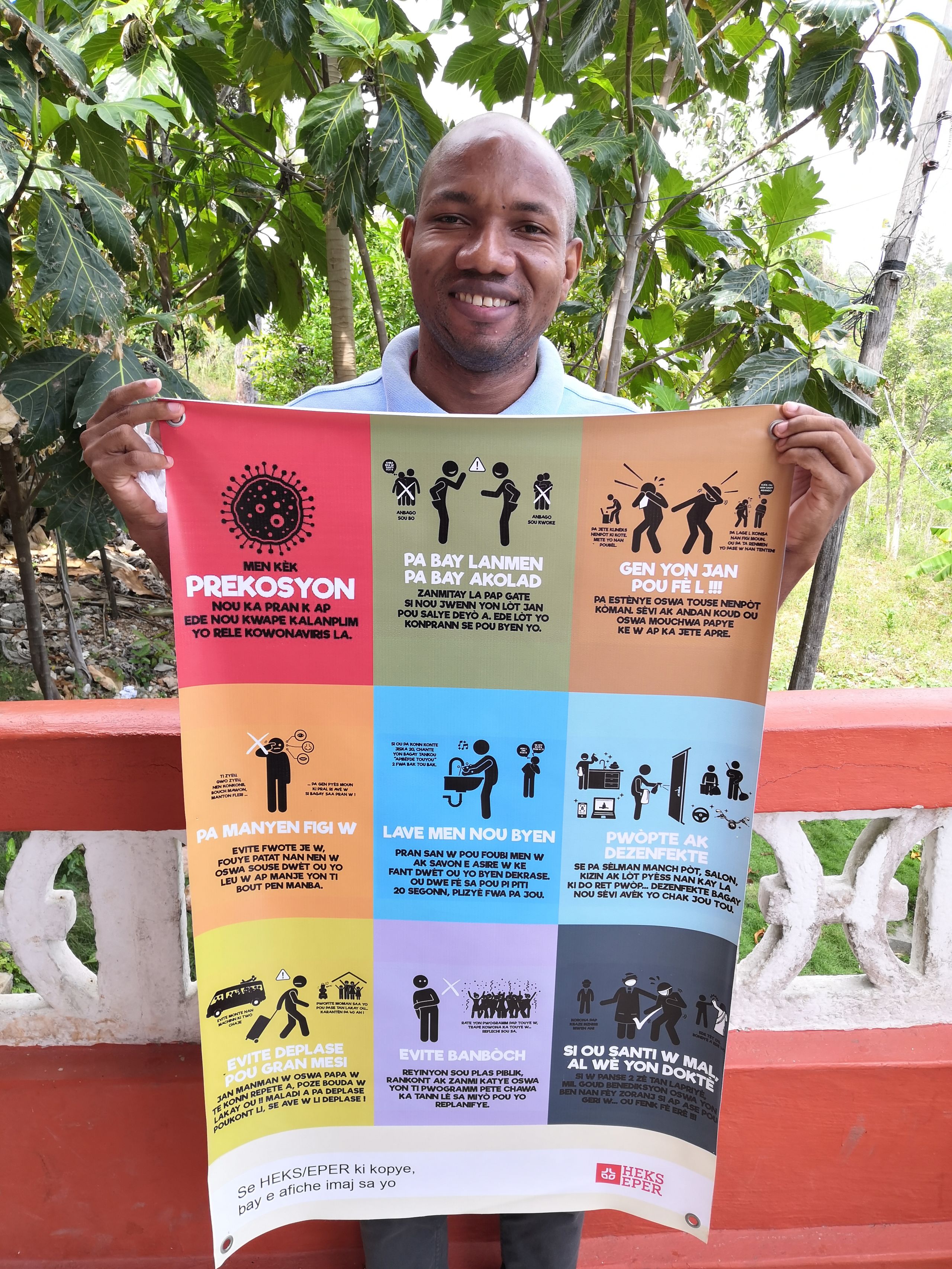
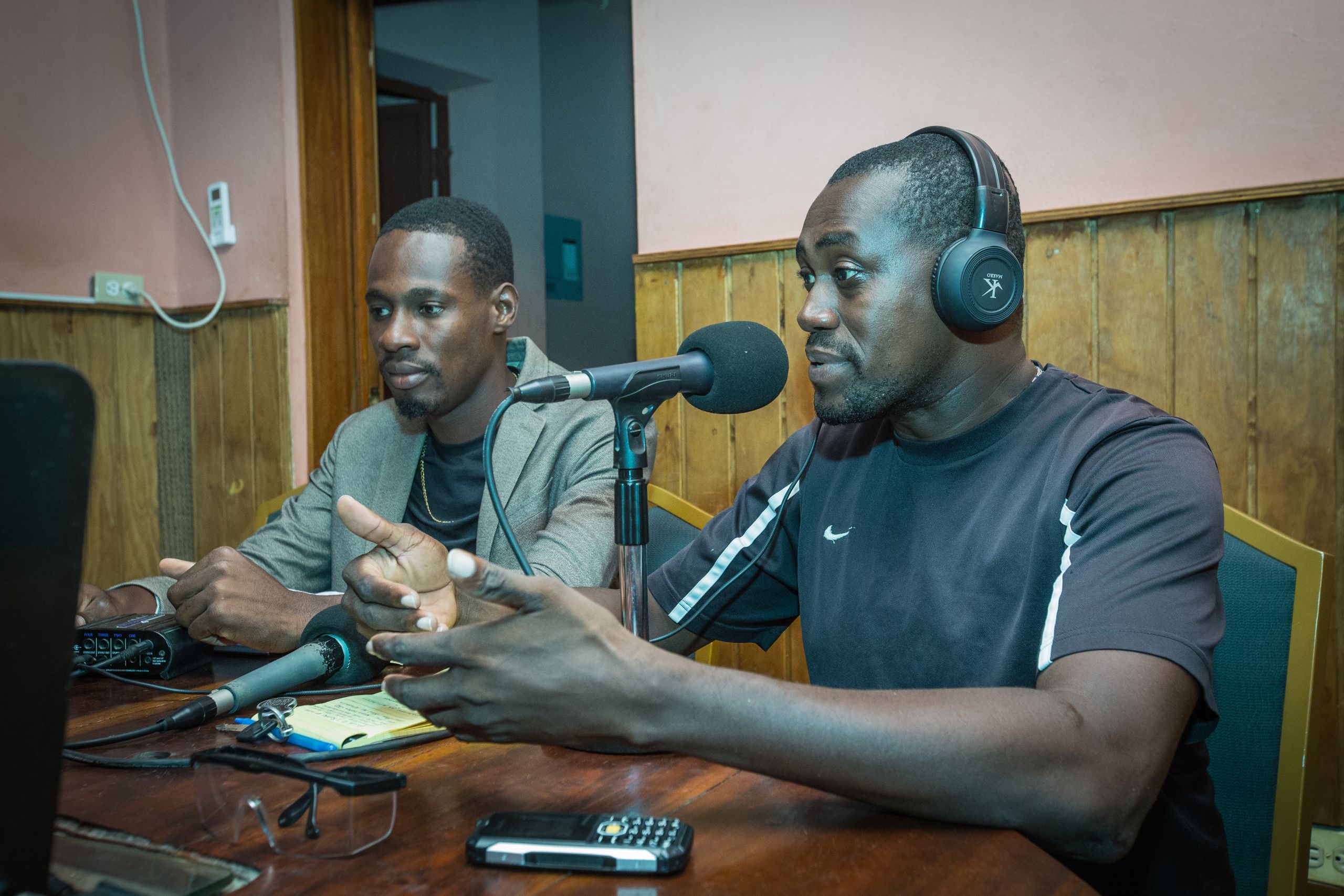
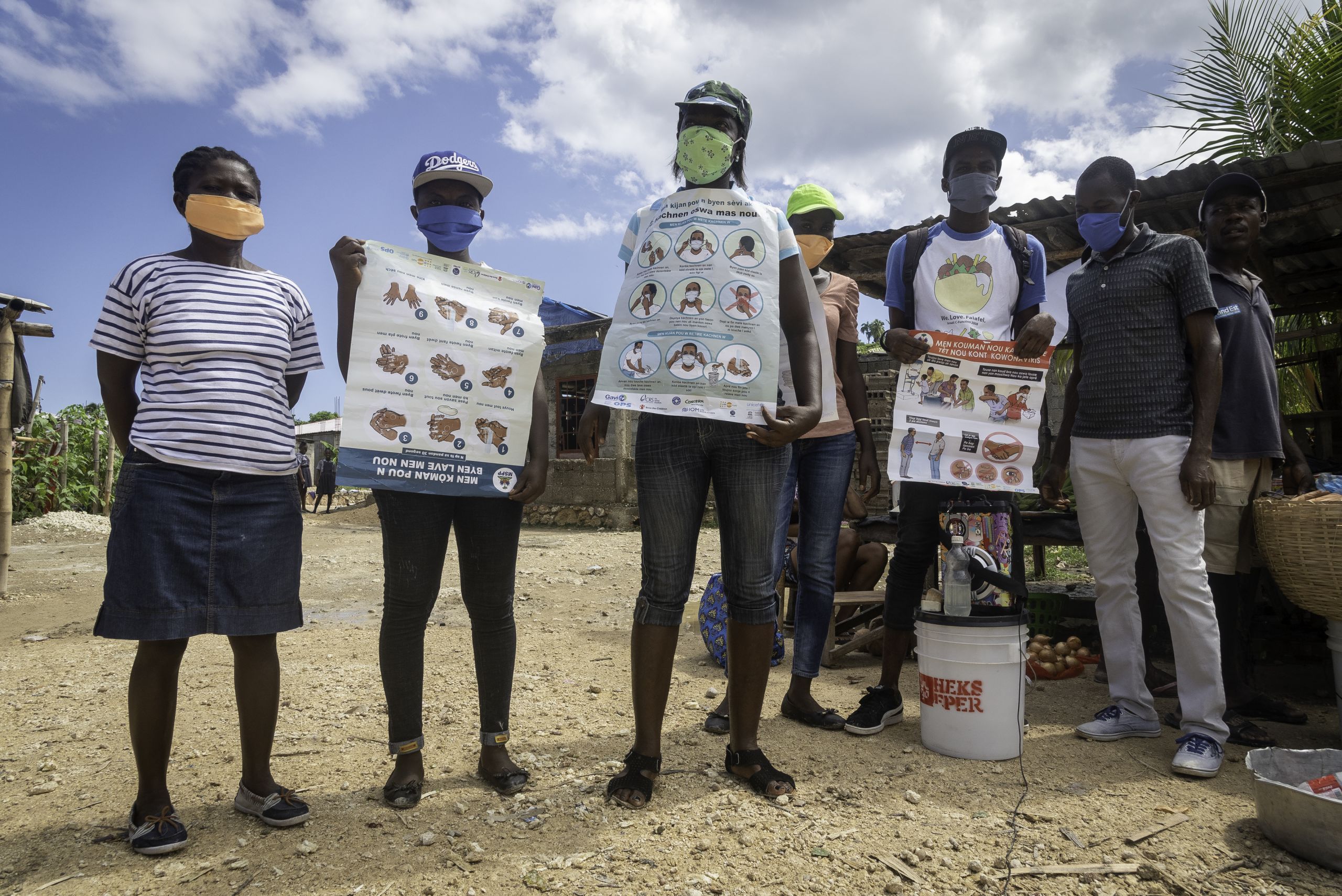
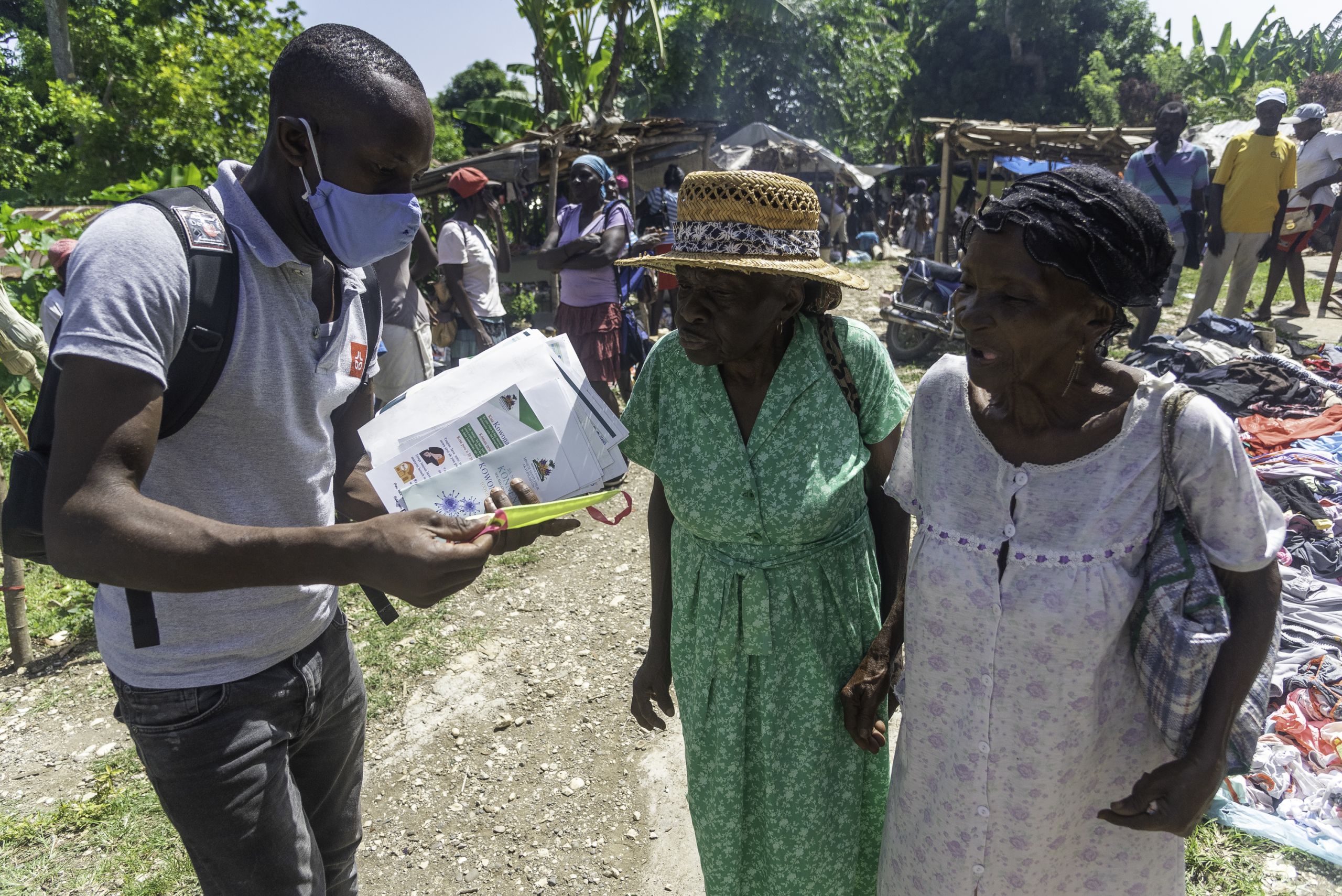
Masks to protect against the virus
It was clear from the outset that the region lacked the necessary protective equipment, especially face masks. HEKS/EPER therefore commissioned various sewing workshops in Grand'Anse to produce 50,000 protective masks for the time being. The masks produced will then be donated to hospitals and other institutions that urgently need them. In addition, public institutions such as hospitals, homes or penal institutions in Grand'Anse will be equipped with soap, chlorine and protective material.
Mac Donald Germeil and his wife run one of the sewing workshops in Jérémie: «At the end of March, my wife and I were contacted by HEKS/EPER because they were looking for seamstresses to start making protective masks. We responded immediately because protective masks are very important in Haiti given the coronavirus. The health services are so bad that it is better not to get sick! Since the first Corona cases were reported in the country, the demand for protective masks has increased rapidly. Here in Jérémie, it is almost impossible to find masks. For this reason, this local manufacturing initiative is really appreciated.»
Germeil and his wife hand over the masks they produced during the week to a HEKS employee.
«We are proud to help HEKS to equip the hospital staff in the region with masks. And we are ready to continue producing as much as needed!»
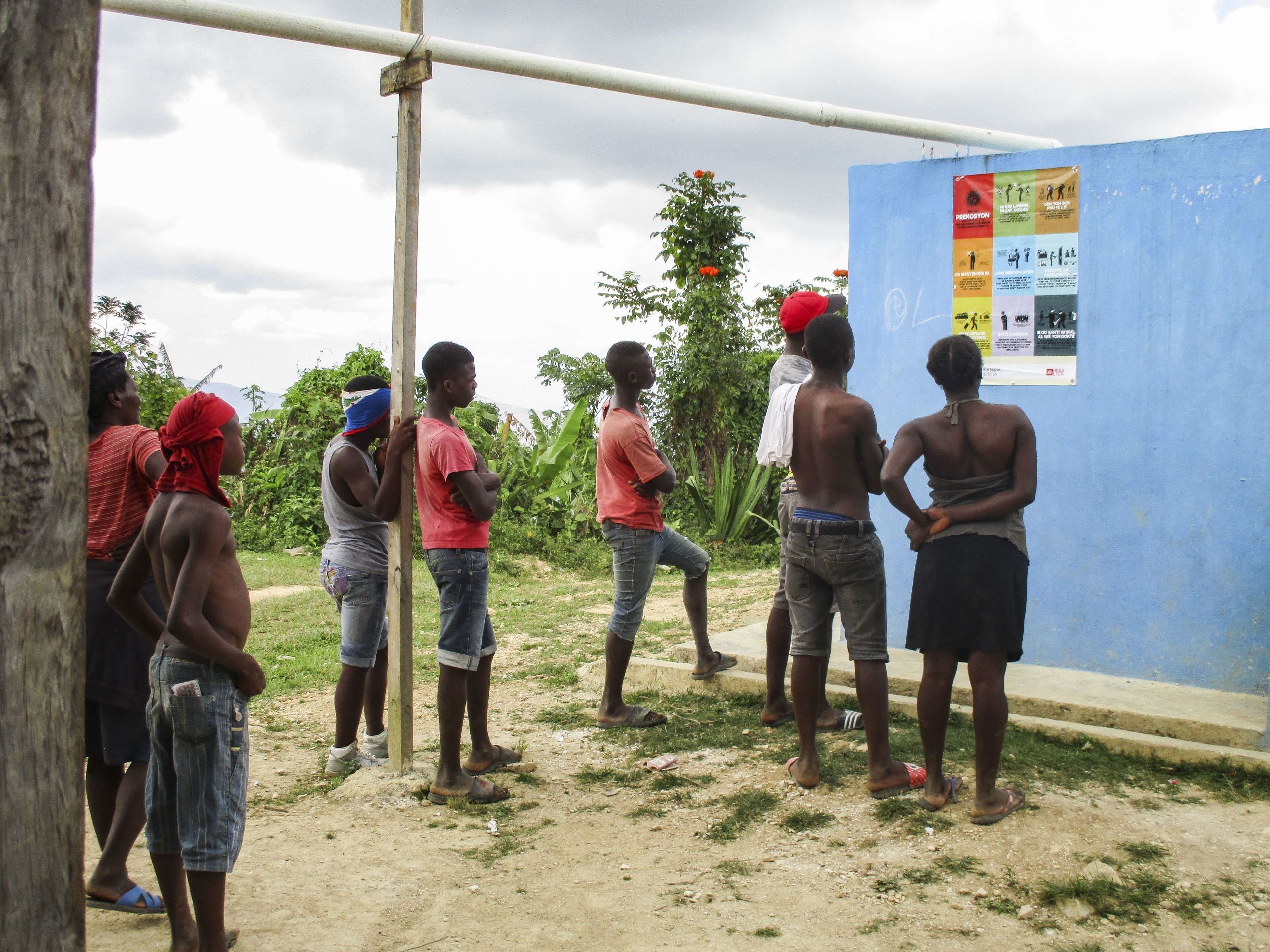
The population is glad to have the information.
The population is glad to have the information.
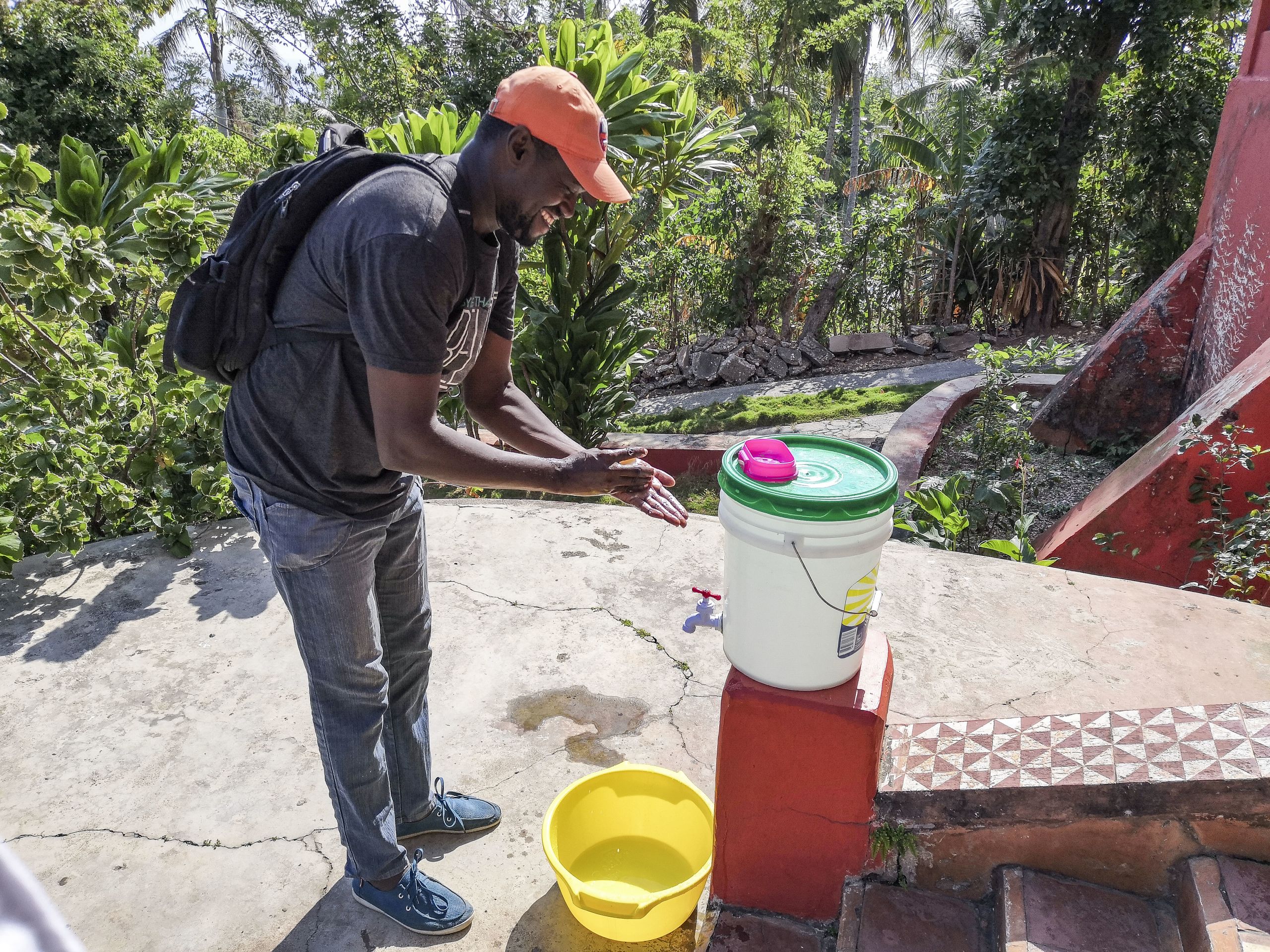
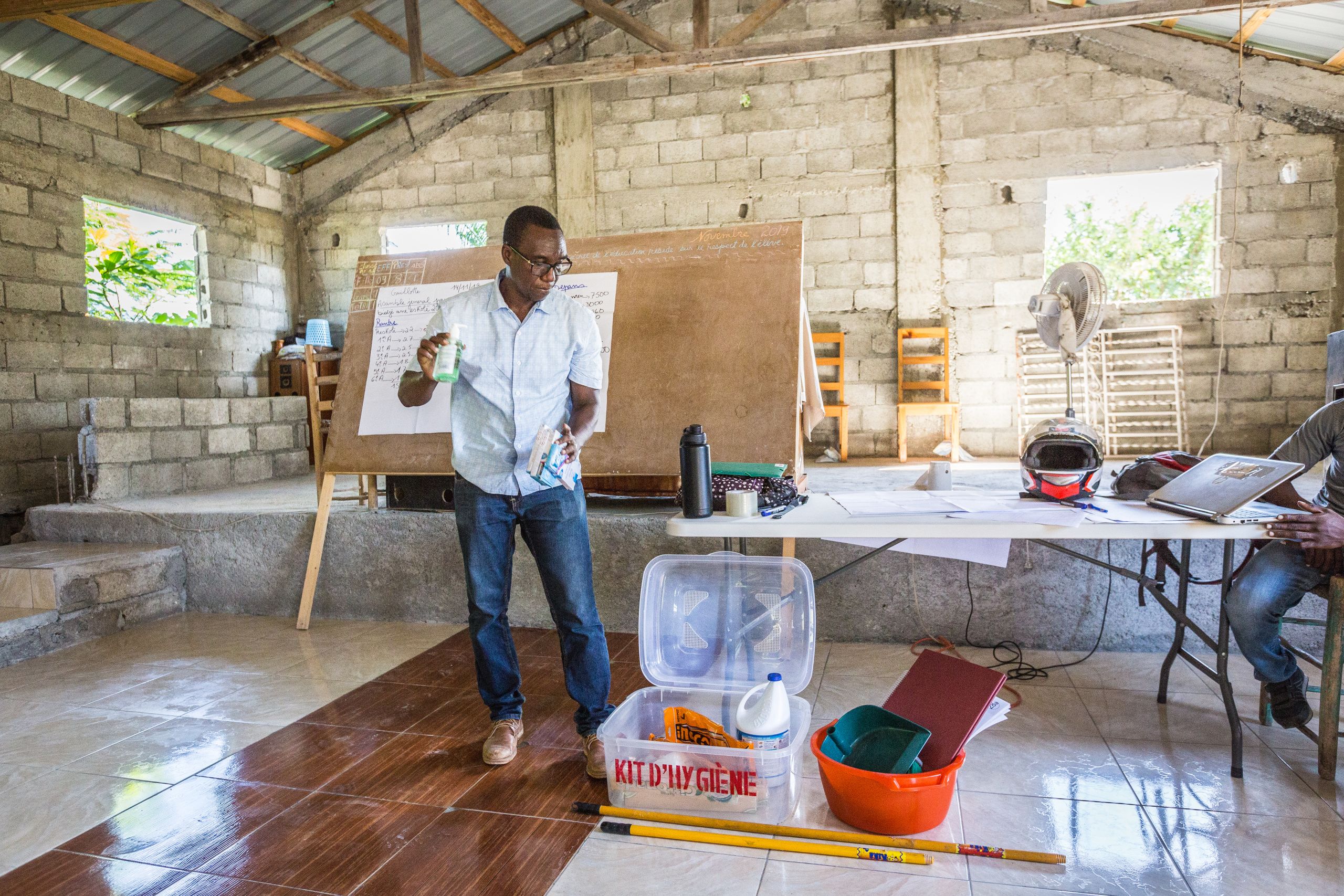
Considerable risks
The feedback from the local communities so far has been very encouraging overall, says Evins Auguste: «The information is getting through, people are aware of the risks. To this I must say that the Haitian population has unfortunately already experienced severe epidemics, such as the cholera epidemic in 2010.»
Nevertheless, he said, the risks of an outbreak of the Corona pandemic in Haiti should not be underestimated at all: «Health services are poor, including access to sufficient clean water. Prices are rising sharply, and drought could threaten crops in some areas. In addition, support from the Haitian diaspora is declining. The impact of this global crisis may well exacerbate the plight of remote populations who are already so far from basic services and so vulnerable.»
While many countries would struggle to cope with the consequences of a serious spread of the Corona virus, Haiti may never recover from such a spread.
Thank you for your support!
For more information on the work of HEKS/EPER, visit our Website.
